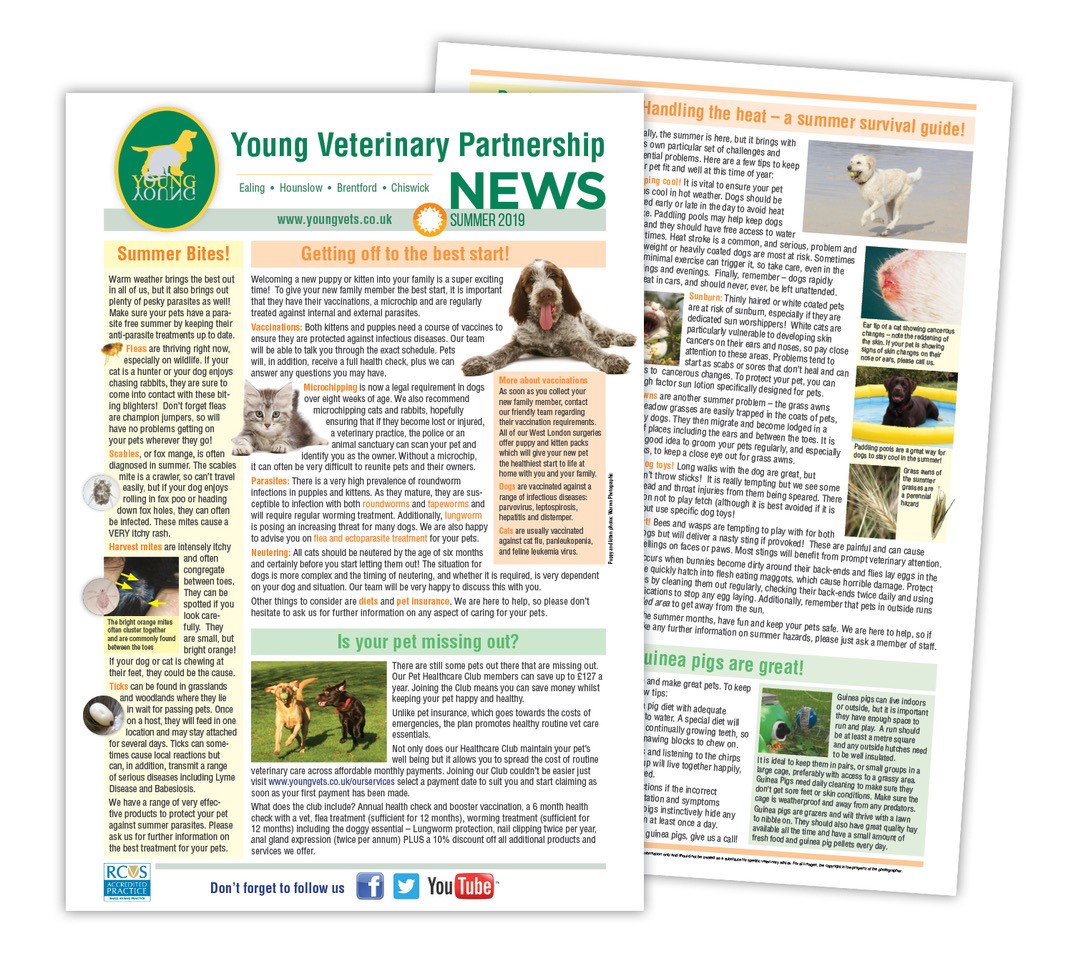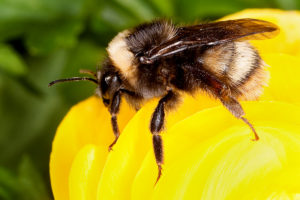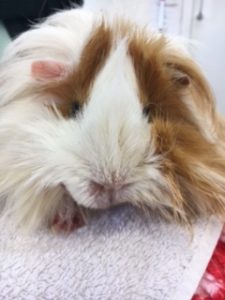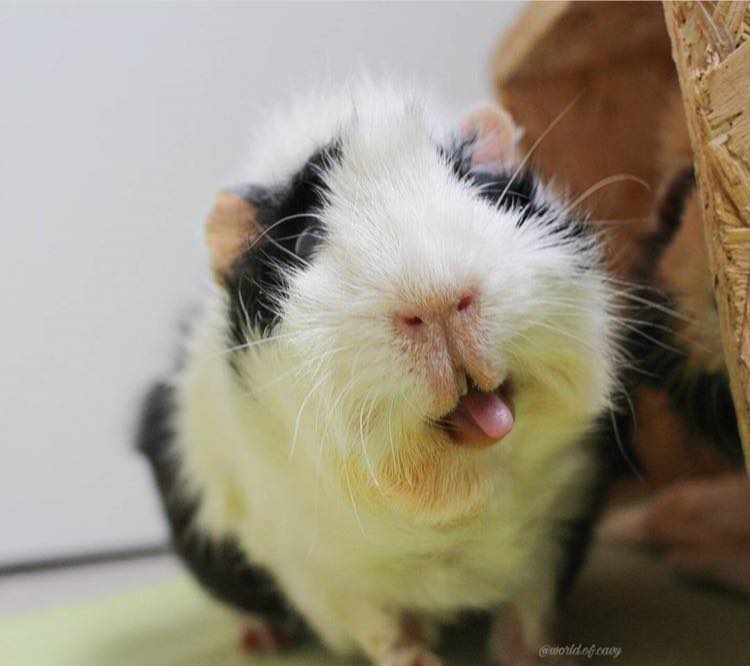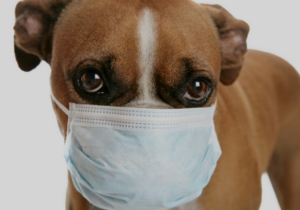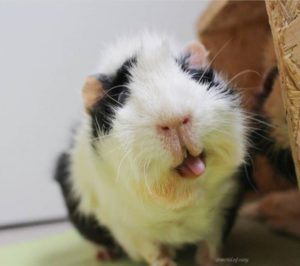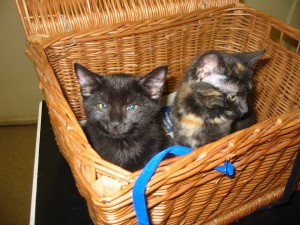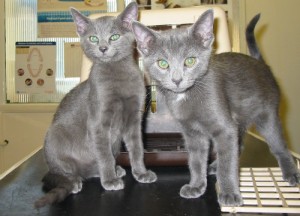Summer and your pets,
Summer is finally here and as the weather warms up, we can finally look forward to some sunny days and social evenings. But we also need to consider our pets, some can find the summer heat quite uncomfortable and others have been know to take full advance of the food on offer at family BBQ’s leading to some serious consequences!
Be the first to read our latest Pet Care Blog here.
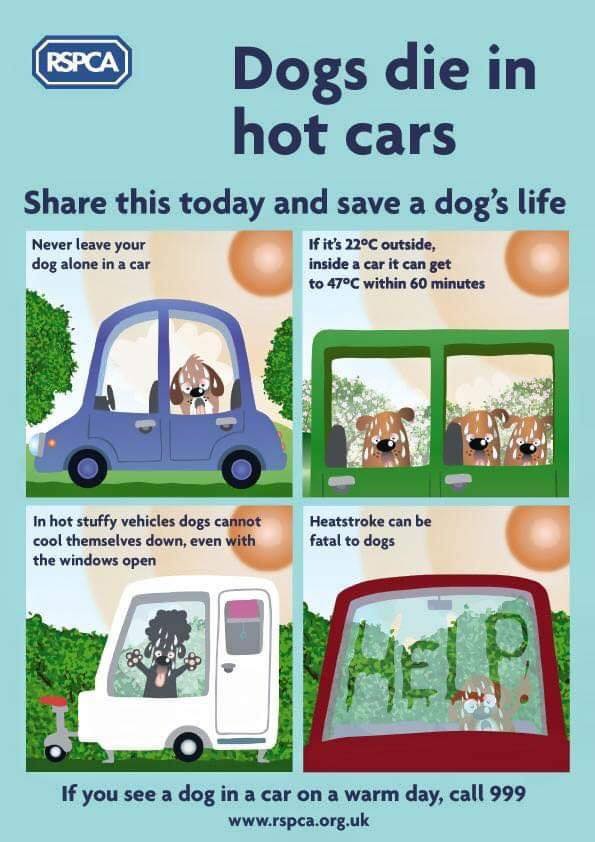
Brushing up on dental care!
Good dental hygiene starts at home, ideally from your pets first few days at home, this helps to ensure their teeth and gums stay in good condition throughout their lifetime. Our Pet Healthcare Blog offers some great advice on what a healthy mouth looks like and the conditions to watch out for.
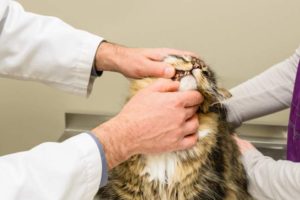
Check your pets teeth regularly to spot early signs of a problem.
The sooner any dental problem can be identified, the sooner treatment can be started and dental pain and tooth loss can hopefully be avoided. If you pets breath is a little bit iffy, please do not hesitate to contact out friendly teams for more advice on your pets individual case.
Not yet a client, please register yourself and your pet here > https://brentfordvets.co.uk/register-your-pet/ and our friendly team will be able to discuss your pets individual case during a consultation with one of our friendly vets,
The importance of early socialisation,
The early experiences a puppy or kitten has of people and their surroundings, has a huge impact on their behaviour and personality for the rest of their lives. Whether this is your first puppy or your fifth, we strongly recommended attending puppy school to help your pup become a well behaved individual.
Our Summer News discusses what you need to consider before exposing your pet to the big wide world.
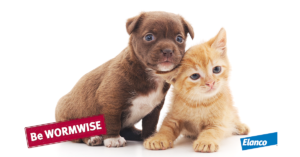

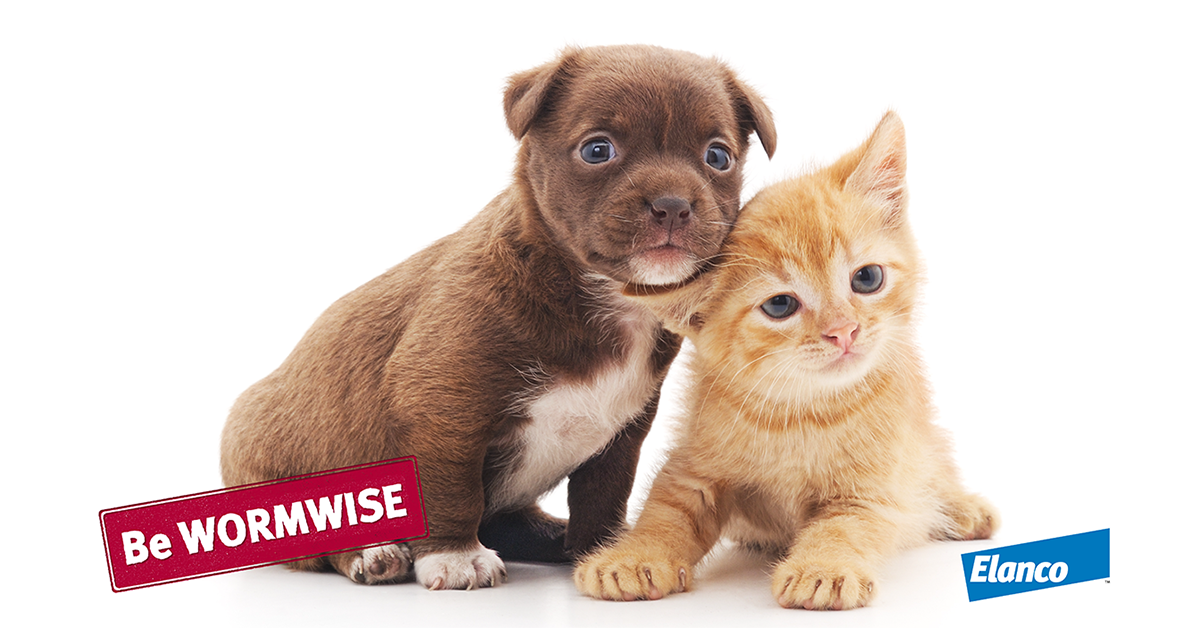

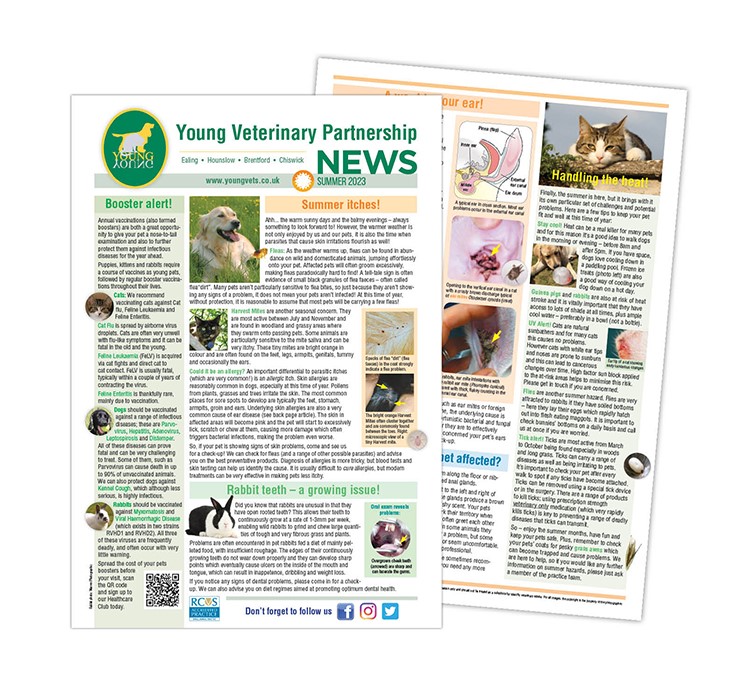

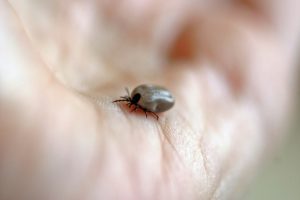

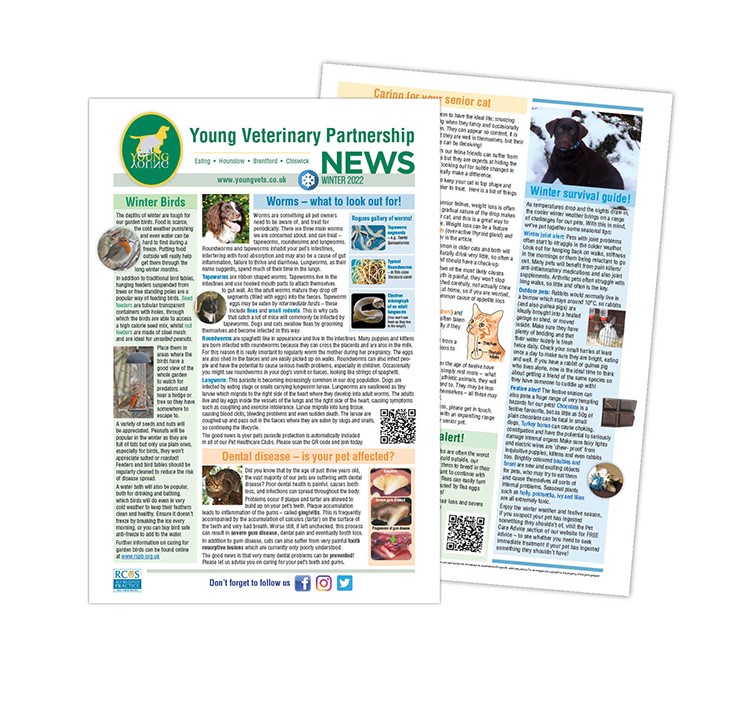
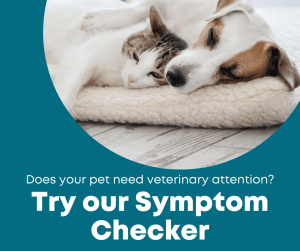

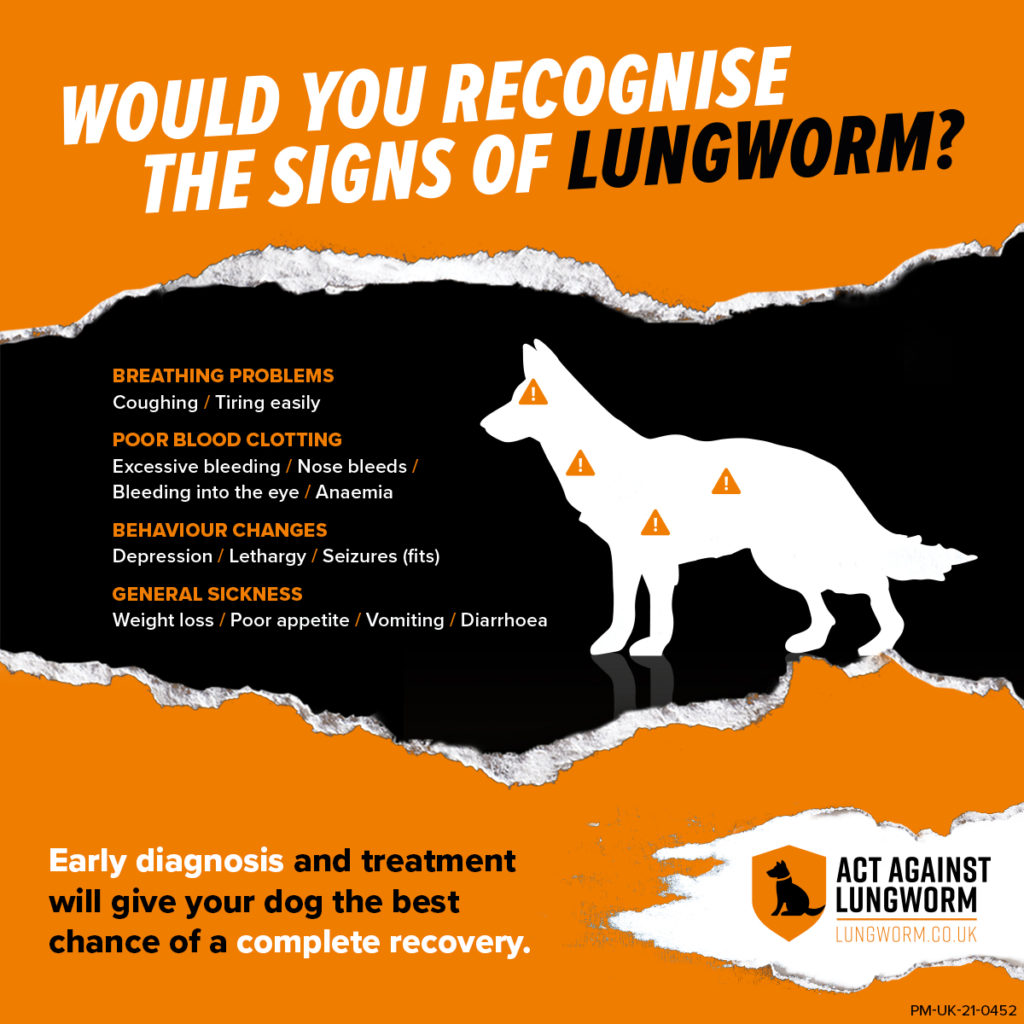




 area – looking for a vet to help you care for your pet?
area – looking for a vet to help you care for your pet? 